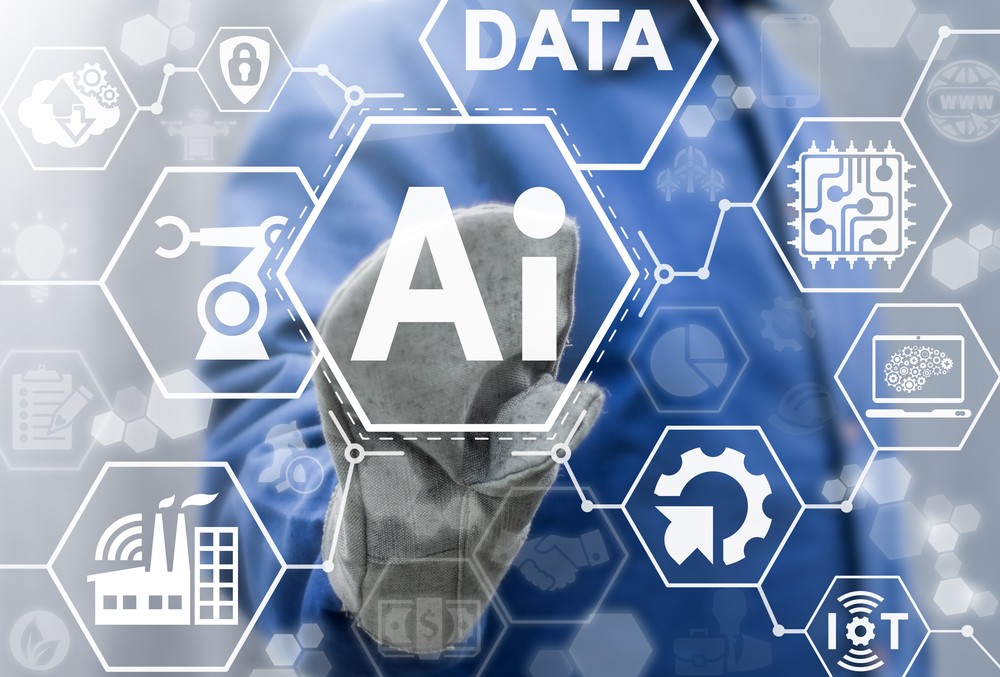The global supply chain is inherently complex due to the large number of intermediaries involved, making rapid shipments and deliveries at scale difficult to achieve. The answer, however, may lie in Artificial Intelligence (AI) in tandem with blockchain technology. Blockchain is no longer limited to financial services but has already been applied in industries such as logistics and retail, where it allows real-time shipment tracking and shared access to data. The lessons learned can be utilised to create a global ledger for COVID-19 vaccine distribution - which is currently susceptible to a major logistical problem.
Several pharmaceutical firms globally have developed and launched COVID-19 vaccines with impressive efficacy rates of up to 95% – and in many countries, the rollout is in full swing. But as promising as these vaccines might be, the biggest challenge is still present: a reliable and efficient solution to distributing these vaccines globally and rapidly. According to the World Economic Forum, it would take 7 to 19 billion vaccine doses distributed worldwide to eradicate the pandemic.
Over the last few years, AI has moved from the realm of science fiction to a tangible technology that dramatically reshapes the healthcare sector. The constant mutating of diseases and viruses presents a great challenge for healthcare providers. But with the help of AI, the diagnosis and treatment processes would be significantly accelerated. AI has been statistically proven to be more accurate in detecting diseases from medical imaging and therefore reckoned a viable source of diagnostic information for clinicians. However, healthcare facilities need to be aware that technologies such as ML and NLP still require some degree of human oversight.
Keeping a tab on storage fridges
One difficulty is that each vaccine must be stored and distributed under specific conditions, inducing logistical hurdles that can affect these vials' safe and rapid roll-out. Together with IoT-based sensors, blockchain can be applied to fulfil such a daunting task. In fact, two British hospitals have already leveraged digital ledger technology to keep tabs on the storage and supply of these temperature-sensitive vaccines. The two hospitals in Stratford-upon-Avon and Warwick use blockchain technology to monitor the storage fridges and improve record-keeping and data sharing across NHS supply chains. Once the vaccine batch data has been collected on a device, the technology can verify that it hasn’t subsequently been altered or tampered with, greatly reducing the risk of errors that comes with manual tracking.
Prioritising the most vulnerable patients
With vaccine demand outstripping supplies, governments worldwide were rushing to determine who should be the first to receive the jabs. While the common approach of prioritising the elderly and frontline healthcare professionals seems reasonable, it ignores a range of risk factors that can drive a higher chance of mortality in COVID-19 patients. Ethnicity, sex, race, and age could all be crucial variables when it comes to the risk of suffering severe COVID-19. But how to decide who should get the potentially life-saving shots first?
Machine learning might be one answer to this dilemma. It could be used to leverage an enormous amount of data on any patients’ health history, existing conditions, social and environmental factors, then correlate these with current local infection rates to detect hidden patterns. In South Dakota, the United States, healthcare delivery system Sanford Health use a machine learning model to spot those with the greatest risk of suffering from severe COVID-19 outcomes. AI provided an evolving, real-time picture of which patients got the sickest with COVID-19. Elsewhere, Vietnam’s Government relied on AI algorithms to automatically calculate the probability of infections based on their updated records of confirmed cases, their travel history, as well as highly infectious areas.
Blockchain solutions in Pandemic Time
Measuring the spread of the virus With applied decentralized ledger technology, blockchain encourages us to interact with what is happening in real life faster. The information is compiled and synchronized from disparate sources, countries with high transparency. Medical organizations can do research more effectively, thereby
making precise and valuable predictions for the future to deal with diseases like CVOID or pneumonia.
In today’s complex healthcare system, our information is in different medical centres with various medical records, which might lead to different diagnostic results or some fraud and abuse cases in health insurance.
This usually caused by two main reasons:
Medical centres want to keep medical records for their internal purpose, or they can even provide this information to their partners for commercial purposes.
The patients sometimes don't share all their pathological information since they have low trust in that medical centre; they are too shy, or they forget their disease histories.
Raising community trust and awareness As patients now have full control of their medical data, they get their rights to decide how their data is shared and used for what purposes. Besides, people can easily update new information through one trusted source of synthetics. All related researches will have to ask for the right to approach the necessary information.
Supporting medical supply system Blockchain technology plays a huge role in medical care based on different advantages: Reliable information allows us to calculate precisely the number of medical supplies or trained medical staff needed to prepare for a manufacturing plan. Detect and prevent counterfeit drug manufacture: Closely monitor input materials and the manufacturing process to ensure the genuine.
Build platforms to track donations of medical supplies or other forms from all around the world and deliver them to the right people.
Wrapping Up
The globe has reached a critical juncture in technology evolution in which the right tools are available – and they are crucial weapons in the fight against the pandemic. Still, there is more that needs to be done. A mass vaccination effort requires global coordination and cooperation in streamlining the
COVID-19 vaccine supply chain and not least, in driving all relevant stakeholders towards a consensus to embrace such a system.




